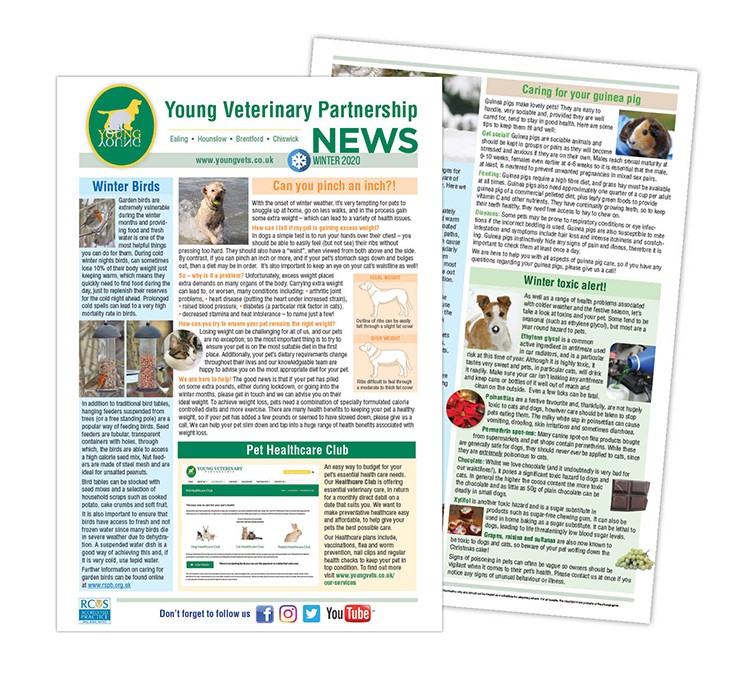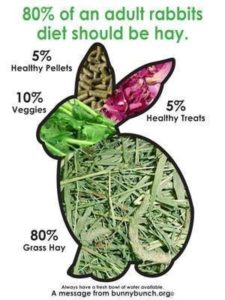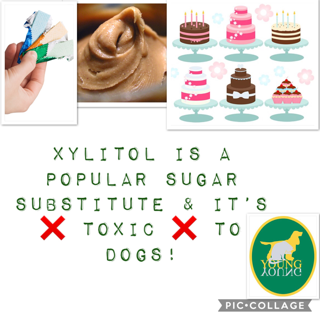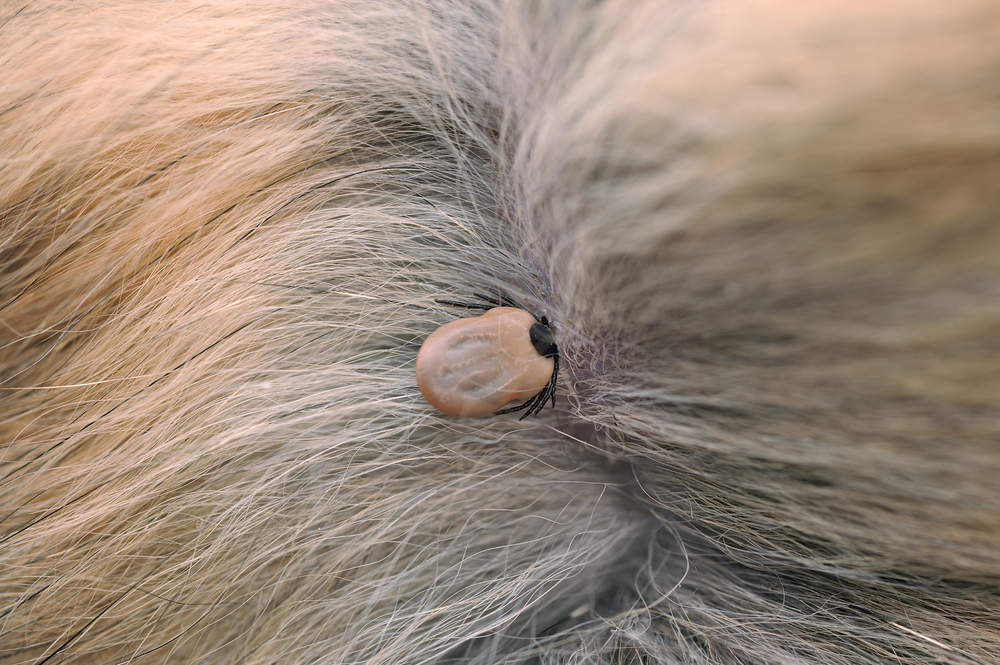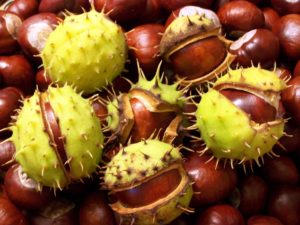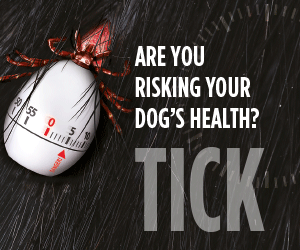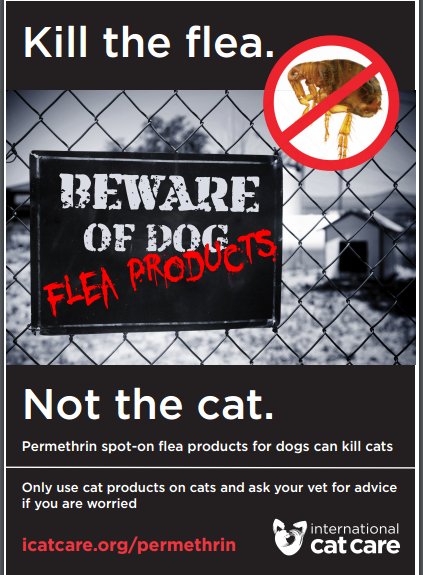Festive Hazards Pet Owners Need To Be Aware Of.
Festive Hazards Pet Owners Need To Be Aware Of.
The cold winter months bring particular challenges for our pets, and as their owners, we need to be aware of the problems they can suffer at this time of year. Our Festive Hazards Pet Blog, takes a look at some of the commonest winter hazards including; string, tinsel and bones from your festive feast!

Outdoor pets
Don’t forget about smaller pets during the winter months, particularly those who live outside. Make sure your rabbits and guinea pigs have insulated hutches, plenty of bedding and they are still receiving their daily exercise. Water bottles – these can freeze overnight, try putting an old sock over the top of the bottle to prevent ice forming inside.
Xylitol, grapes and raisins,
The signs of pet poisoning can be vague so owners need to be vigilant when having these tasty festive treats in your home. Our Festive Hazards blog takes a look at some of the seasonal toxins that could be in your home.
We hope you enjoy reading our latest pet blog, Festive Hazards Pet Owners Need To Be Aware Of. If you have a query on any of the articles mentioned please do not hesitate to contact our friendly team for more advice.
Here at Young Veterinary Partnership, we have been offering a caring service to pets from all over West London for over 50 years. We are experienced and can perform most investigative medical and surgical procedures that are available to your pet. We also have a Pet Healthcare Club, helping you budget for your pets veterinary essentials across affordable monthly payments, join here. Visit a vet who is passionate about your pet.

